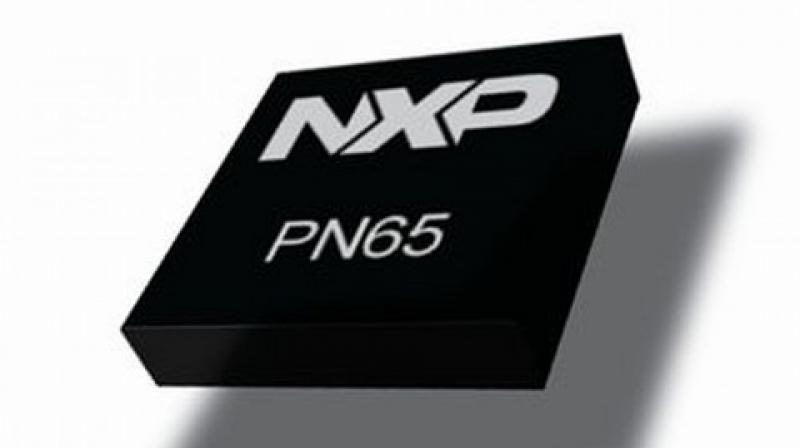Autonomous cars to drive chip sector consolidation says NXP

NXP Semiconductor, the world's largest chip supplier to the automotive industry, expects efforts to make self-driving cars will lead to more consolidation in its sector, the company's automotive head told Reuters.
"Automotive has been driving M&A and will be the force behind M&A in the chip sector for some time. Maybe in a broader perspective, all things connected to the internet," Kurt Sievers, NXP's general manager Automotive said.
The chip industry has been undergoing rapid consolidation as companies try to capture market share, much of it related to connected devices and cars, as smartphone sales growth flattens.
Meanwhile, car and truck makers are racing to develop autonomous vehicles as they seek to head off a potential threat to their industry from technology firms.
NXP last week agreed to be bought by Qualcomm for $38 billion, less than a year after NXP became the biggest automotive chip maker after buying Freescale.
"In the coming years the amount of chips that are used in cars will double... which enables assisted driving and includes chips that manage power consumption, as we are moving forward to autonomous driving," Sievers said at an NXP event ahead of next week's Electronica trade fair in Munich.
NXP was showcasing how trucks can, with the help of radar chips, drive in a row, which is called platooning. The first truck is fully controlled by a driver, while the following ones are partially autonomous, potentially making transport safer and more energy-efficient.
It is such technology that prompted Qualcomm to bid for NXP, in the chip sector's biggest deal.
"They bring something to the table for us as well: connectivity. We are big in sensors. I expect that every car will need two modems instead of one now, because of the amount of data that will be processed in a car," Sievers said.
"Qualcomm has those modems, and that in combination with our own products will give us an edge over the competition."

